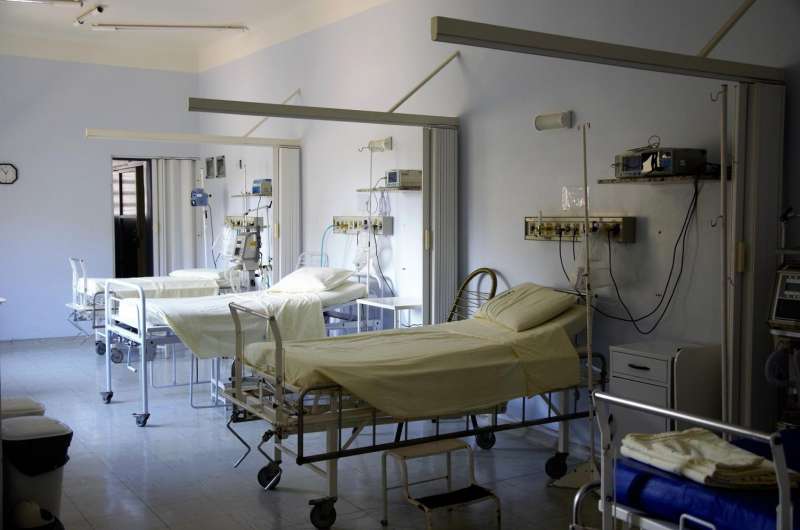When the doctor's away: What happens to hospitalized patients when substitute doctors fill in?

When you are hospitalized and the regular doctor is out sick, on vacation or at a scientific conference, you are increasingly likely to receive treatment not from the doctor's colleague or another hospital staff physician but by an outsider hired to fill in like a substitute school teacher.
The growing trend—a multi-billion-dollar industry—is fueled by physician staffing shortages and shifting employment patterns.
But do these temps—so-called "locum tenens" physicians—provide the same level of care as the doctors they are filling in for?
The answer appears to be "yes," at least when it comes to death rates in the month following treatment, according to research led by Harvard Medical School published Dec. 5 in JAMA.
The findings, based on a review of millions of Medicare hospitalization records, provide the first insight into this booming business. The results show that patients treated by substitute doctors and regular hospital staffers had similar death rates in the 30 days following hospitalization.
Yet, the researchers caution, there were some small but statistically significant differences in other measures. Patients treated by substitute physicians had somewhat higher spending and slightly longer hospitalizations.
"Our findings so far are reassuring, but some of the trends we found demand that we look more closely at how the system works in a more granular way," said study senior author Anupam Jena, the Ruth L. Newhouse Associate Professor of Health Care Policy at Harvard Medical School.
Temporary docs might pick up shifts at a number of different hospitals around a single metropolitan area or they might travel across the country to work in a rural hospital far from their home, Jena explained.
These doctors generally do not have any relationship with their patients, are not familiar with the local community, and may never have worked with the hospital's electronic health records system, hospital staff or local network of facilities where patients may be discharged to after hospitalization, the researchers said.
The researchers analyzed 1.8 million Medicare hospital admissions that took place between 2009 and 2014, using algorithms that allowed them to compare the results for doctors working with similar patients at similar hospitals. Nearly 40,000 of the 1.8 million admissions received care by substitute doctors. In that time frame, one of 10 physicians was replaced by a substitute doctor.
Patients who received care by substitute physicians were no more likely to die within a month of hospital admission—8.8 percent of those patients died—than those who received care by regular staff physicians—8.7 percent died in that group.
However, when the researchers analyzed various sub-groups within the overall sample, they noticed some concerning trends: Hospitals that used substitute physicians less often had somewhat worse patient mortality outcomes. Daniel Blumenthal, Harvard Medical School instructor in medicine at Massachusetts General Hospital and the study's first author, said the finding might be due to the geographic remoteness of these hospitals, to limited financial resources or to a lack of robust support systems to help temporary doctors plug in to the hospitals' systems.
"As the market place shifts and employment patterns fluctuate, we owe it to our patients to make sure that the way we cover for doctors who are out of the office is safe and effective," Blumenthal said.
More information: JAMA (2017). DOI: 10.1001/jama.2017.17925















